Search
Search Results
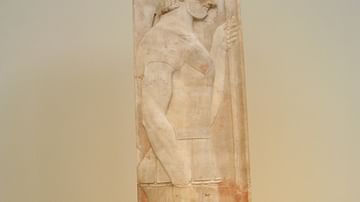
Article
The After-Life In Ancient Greece
In ancient Greece the continued existence of the dead depended on their constant remembrance by the living. It was understood that the soul lived on after bodily death in the realm known as Hades; but that land had different regions the soul...
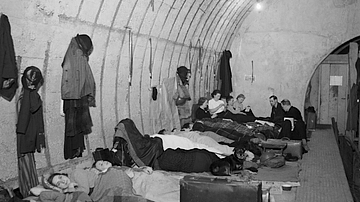
Article
Life in an Air Raid Shelter in the London Blitz
Crowded and uncomfortable air raid shelters became a feature of the urban landscape across Britain during the Second World War (1939-45) as the bombers of Nazi Germany systematically hit cities from 1940. The London Blitz was a particularly...

Article
Life on a Colonial Sugar Plantation
Raising sugar cane could be a very profitable business, but producing refined sugar was a highly labour-intensive process. For this reason, European colonial settlers in Africa and the Americas used slaves on their plantations, almost all...
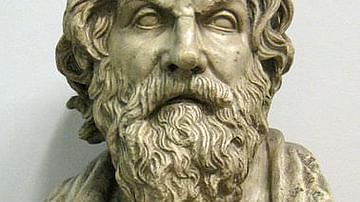
Article
The Life of Antisthenes of Athens in Diogenes Laertius
Antisthenes (c. 445-365 BCE) was a Greek philosopher who founded the Cynic School of Athens. He was a follower of Socrates and appears in Plato's Phaedo as one of those present at Socrates' death. He is one of the primary interlocutors in...
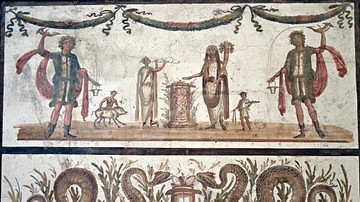
Article
Roman Household Spirits: Manes, Panes and Lares
To the ancient Romans, everything was imbued with a divine spirit (numen, plural: numina) which gave it life. Even supposedly inanimate objects like rocks and trees possessed a numen, a belief which no doubt grew out of the early religious...
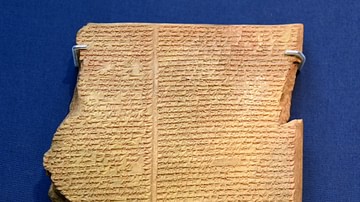
Article
The Eternal Life of Gilgamesh
The Epic of Gilgamesh is among the most popular works of literature in the present day and has influenced countless numbers of readers but, for the greater part of its history, it was lost. The Assyrian Empire fell to a coalition of Babylonians...
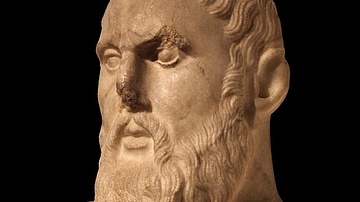
Article
The Life and Thought of Zeno of Citium in Diogenes Laertius
Zeno of Citium (c. 336 – 265 BCE) was the founder of the Stoic School of philosophy in Athens, which taught that the Logos (Universal Reason) was the greatest good in life and living in accordance with reason was the meaning of life. He was...
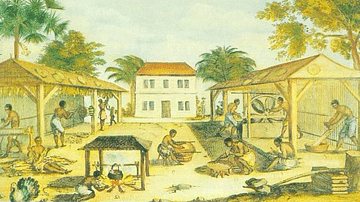
Article
African Slave Life in Colonial British America
African slave life in Colonial British America was far worse than slavery practiced in the Americas prior to the arrival of Europeans. The indigenous tribes took people as slaves in raids, enslaved those convicted of crimes, and traded slaves...
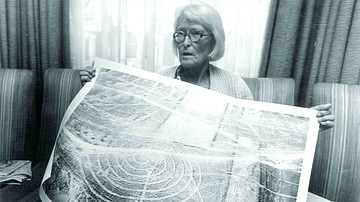
Article
The Nazca Lines: A Life's Work
The World Heritage-listed Nazca lines are a well-known part of the ancient heritage of Peru. One woman spent over 50 years studying and protecting them. Ana Maria Cogorno Mendoza shares the story of Dr Maria Reiche. The lines and geoglyphs...

Article
The Life of Aristippus in Diogenes Laertius
Aristippus of Cyrene (l. c. 435-356 BCE) was a hedonistic Greek philosopher who taught that the meaning of life was pleasure and that the pursuit of pleasure, therefore, was the most noble path one could pursue. Along with Plato, Xenophon...